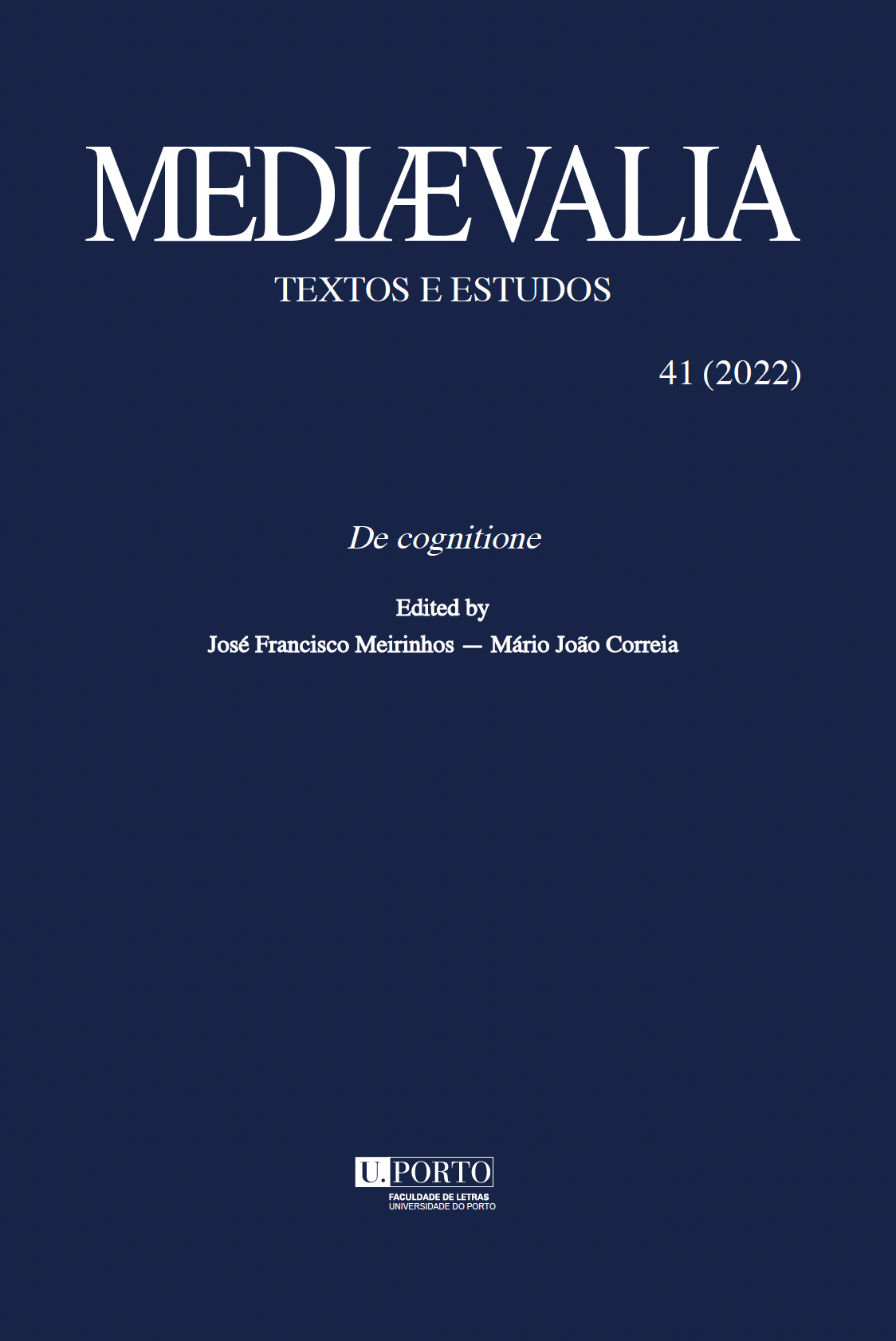The axiomatic method of Ramon Lull’s Libre de coneixença de Déu
Abstract
This article investigates how Ramon Lull (1232-1316) reworked the axiomatic method of knowing God at the beginning of the 14th century, after his second departure from the University of Paris, where Lull masterfully taught the doctrine of the universal principles of his ternary Art, in order to necessarily reduce both theology and philosophy to the state of demonstrative disciplines. It is more the question of general principles that suits Lull’s strong interest in these two general disciplines. The implacable deployment of Lull’s reasoning must conclude that neither theology nor philosophy lends itself well to demonstrative elaboration except by means of the universal principles of ternary Art which make true philosophy concordant with theology. However, Lull particularly reappropriates the tradition of axioms, in order to know God better than Aristotle, Plato or even Muhammad whom Lull accuses of spreading most of the doctrinal errors which contribute to the ignorance of their medieval followers. Thus Lull intends to respond to the general challenge of his ternary Art. He proposes to perfect a universal axiomatic method which is suitable for all humans beyond the authorities of their respective beliefs, so that it generally applies to the human intellect which can know God, since it is turns out to be worthy of it.
Keywords: Cognition; Method; Axioms; Theology; Philosophy.
Downloads
Published
Issue
Section
License
Copyright (c) 2023 Constantin Teleanu

This work is licensed under a Creative Commons Attribution-NonCommercial-NoDerivatives 4.0 International License.







